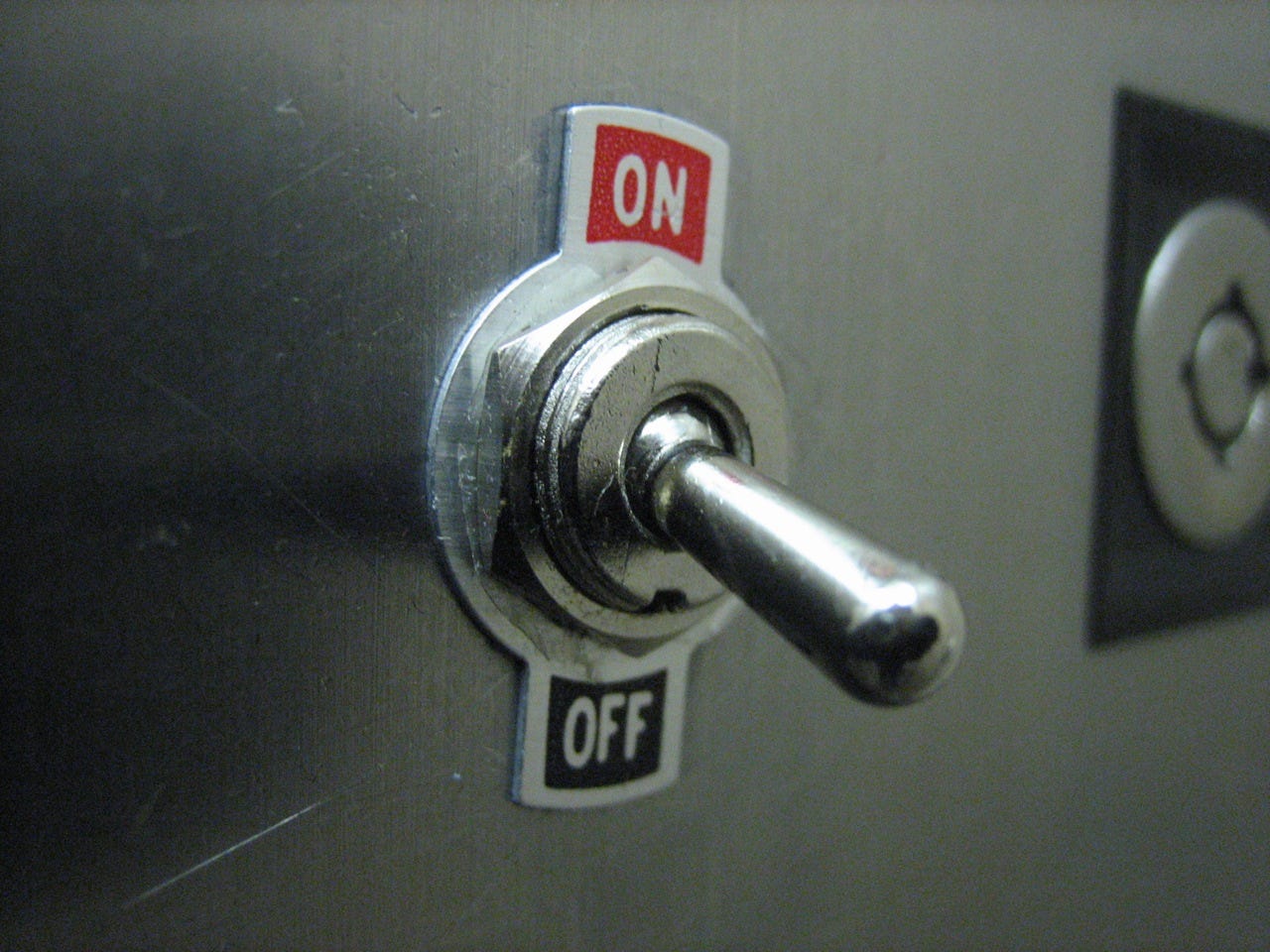Internet censorship, kill switches violate human rights law, say UN experts


Forcing the shutdown of internet access is impermissible under international human rights law -- even during times of war and conflict, a group of leading experts have said.
Read more on ZDNET:
A coalition of rights experts, including the UN special rapporteur on freedom of opinion and expression David Kaye, said in a joint declaration released Monday that any effort to restrict access to the internet "can never be justified under human rights law."
That includes forcing the shutdown of networks, filtering and censoring content, and the physical takeover of broadcast stations.
Although the use of internet "kill switches" is rare, they have increasingly been used by both democratic and emerging states, particularly during uprisings, protests and marches, and civil unrest.
The comments come in the wake of internet shutdowns in Burundi, a small African country, amid protests over the president's bid for a third term, which the opposition says is unconstitutional. Officials in the country are said to have ordered the shutdown of social media services, a move that provoked a highly critical response from privacy group Access.
But such capabilities are also readily available closer to home, recent reports have shown. US officials are in the midst of defending shutting down cell service in San Francisco's rail system during a 2011 protest.
The declaration also added in the wake of disclosures detailing the US government's intelligence gathering efforts that mass surveillance is "inherently disproportionate," and a violation of privacy and freedom of expression.